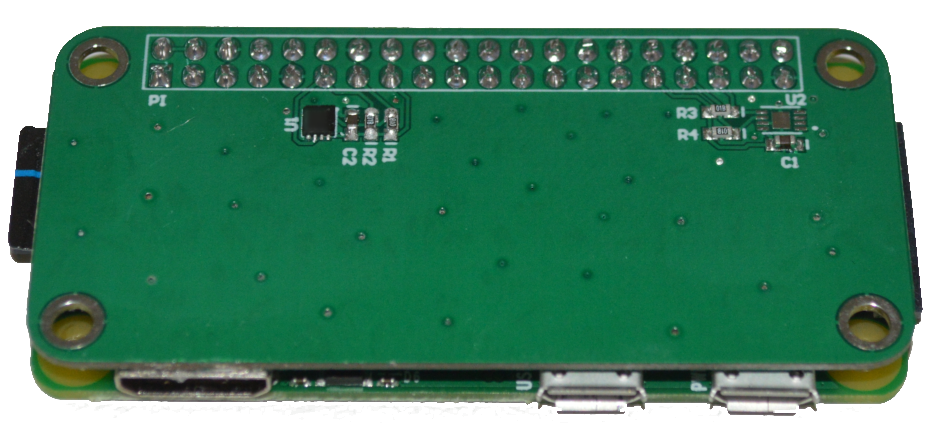Tink
A multi-language, cross-platform library that provides cryptographic APIs that are secure, easy to use correctly, and hard(er) to misuse.
https://developers.google.com/tink
Ubuntu |
macOS |
|---|---|
 |
 |
Index
Introduction
Using crypto in your application shouldn't have to feel like juggling chainsaws in the dark. Tink is a crypto library written by a group of cryptographers and security engineers at Google. It was born out of our extensive experience working with Google's product teams, fixing weaknesses in implementations, and providing simple APIs that can be used safely without needing a crypto background.
Tink provides secure APIs that are easy to use correctly and hard(er) to misuse. It reduces common crypto pitfalls with user-centered design, careful implementation and code reviews, and extensive testing. At Google, Tink is one of the standard crypto libraries, and has been deployed in hundreds of products and systems.
To get a quick overview of Tink design please take a look at slides from a talk about Tink presented at Real World Crypto 2019.
Current status
Java/Android, C++, Obj-C, Go, and Python are field tested and ready for production. The latest version is 1.6.1, released on 2021-07-12.
Javascript/Typescript is in an alpha state and should only be used for testing.
Getting started
Documentation for the project is located at https://developers.google.com/tink. Currently, it details a variety of common usage scenarios and covers the Java and Python implementations. The site will be populated with more content over time.
Alternatively, you can look at all of the examples which demonstrate performing simple tasks using Tink in a variety of languages.
- Python
pip3 install tink
- Golang
go get github.com/google/tink/go/...
- Java
<dependency>
<groupId>com.google.crypto.tink</groupId>
<artifactId>tink</artifactId>
<version>1.6.1</version>
</dependency>
- Android
dependencies {
implementation 'com.google.crypto.tink:tink-android:1.6.1'
}
- Objective-C/iOS
cd /path/to/your/Xcode project/
pod init
pod 'Tink', '1.6.1'
pod install
Learn more
- Java HOW-TO
- C++ HOW-TO
- Obj-C HOW-TO
- Go HOW-TO
- Python HOW-TO
- Security and Usability Design Goals
- Supported Crypto Primitives
- Key Management
- Managing keys with Tinkey
- Known Issues
- Feature Roadmap
Community-driven ports
Out of the box Tink supports a wide range of languages, but it still doesn't support every language. Fortunately, some users like Tink so much that they've ported it to their favorite languages! Below you can find notable ports.
WARNING While we usually review these ports, until further notice, we do not maintain them and have no plan to support them in the foreseeable future.
Contact and mailing list
If you want to contribute, please read CONTRIBUTING and send us pull requests. You can also report bugs or file feature requests.
If you'd like to talk to the developers or get notified about major product updates, you may want to subscribe to our mailing list.
Maintainers
Tink is maintained by (A-Z):
- Moreno Ambrosin
- Taymon Beal
- Daniel Bleichenbacher
- William Conner
- Thai Duong
- Thomas Holenstein
- Stefan Kölbl
- Charles Lee
- Cindy Lin
- Fernando Lobato Meeser
- Atul Luykx
- Rafael Misoczki
- Sophie Schmieg
- Laurent Simon
- Elizaveta Tretiakova
- Jürg Wullschleger
Alumni:
- Haris Andrianakis
- Tanuj Dhir
- Quan Nguyen
- Bartosz Przydatek
- Enzo Puig
- Veronika Slívová
- Paula Vidas







